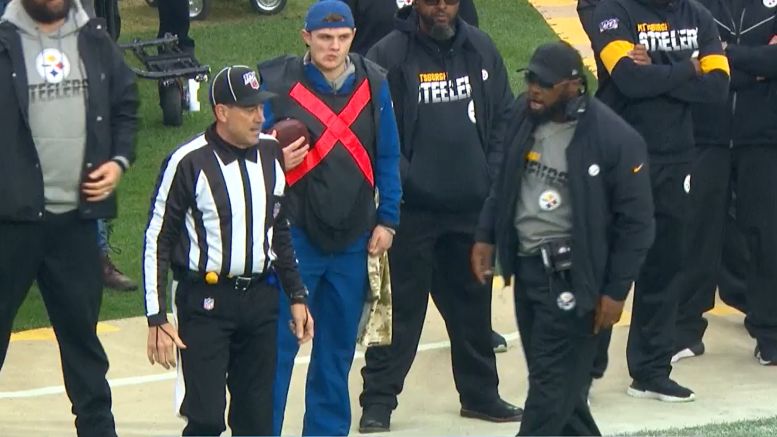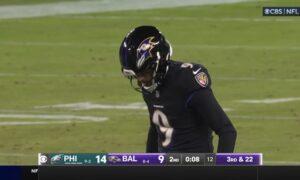The Pittsburgh Steelers’ 2020 season is now in the books, and it ended in spectacular fashion—though the wrong kind of spectacular—in a dismal postseason defeat at the hands of the Cleveland Browns, sending them into an early offseason mode after going 12-4 in the regular season and winning the AFC North for the first time in three years.
After setting a franchise record by opening the year on an 11-game winning streak, they followed that up by losing three games in a row, going 1-4 in the final five games, with only a 17-point comeback staving off a five-game slide. But all the issues they had in the regular season showed up in the postseason that resulted in their early exit.
The only thing facing them now as they head into 2021 is more questions, and right now, they lack answers. What will Ben Roethlisberger do, and what will they do with him? What will the salary cap look like? How many free agents are they going to lose? Who could they possibly afford to retain? Who might they part ways with—not just on the roster, but also on the coaching staff?
These are the sorts of questions among many others that we have been exploring on a daily basis and will continue to do so. Football has become a year-round pastime and there is always a question to be asked, though there is rarely a concrete answer, as I’ve learned in my years of doing this.
Question: Will the new rule change allowing the replay official to advise on-field officials actually prove to be effective?
It seems often enough that the NFL’s rule changes serve as an example as good anything else that well-intentioned plans can go awry. The biggest misstep the league has taken in recent years was in their implementation of a rule change allowing teams to challenge pass interference calls and non-calls. It was in effect only for the 2019 season. It seemed more often than not to produce the evidently incorrect results, or had a shifting standard for overturning a call on the field.
The league is again tinkering with the ability for the game to be officiated through off-field review. It now allows the replay official to consult with and advise on-field officials in real time regarding objective matters of the game. Things such as the spotting of the football and ruling plays a reception or not.
In theory, it should, or at least could, work out great. There are numerous times that the on-field officials gather in a group to discuss what they saw. Presumably, the official who can actually look at the play again can help a lot in such instances.
But again, it all comes down to implementation and execution. How will the NFL employ it on game day? Will it successfully increase the accuracy of calls? And will it do so without presenting onerous delays that slow down the game? I’m very much on record as being in favor for almost anything that strives to achieve more accurate officiating. But it has to work first. I’m hopeful this will. But not without some skepticism after being burned before.








